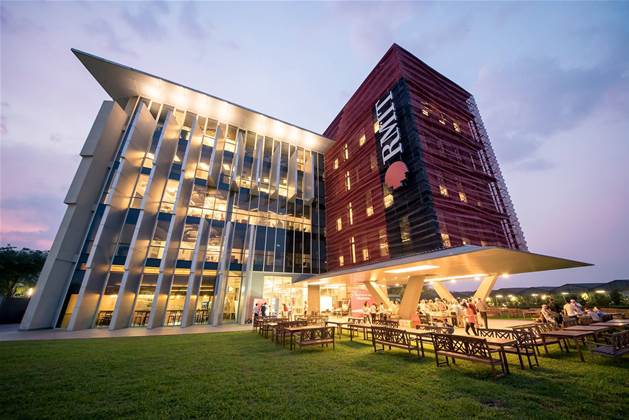RMIT University brought together multiple data sources and systems to aid the setup and monitoring of a digital online learning environment and contact tracing systems during the pandemic.

Lead business intelligence manager Swati Gupta told Denodo’s Datafest 2020 conference that the university had deployed a Denodo logical data fabric “primarily to integrate all data sources for direct business consumption.”
“As you can imagine, the continuous inclusion of cloud-based modern data sources and applications, in conjunction with on-premises systems, has impacted our ability to deliver the business outcomes with limited cost, time and resources,” Gupta said.
“That’s where we began our journey to Denodo as a data fabric.
“With hundreds of data sources and applications such as Salesforce, ServiceNow, Workday and much more, Denodo has helped us to continuously engage the business in driving data-driven opportunities.
“It helped us to decouple data delivery and insights, and helped us to build a unified data access layer which is faster and easier to consume.”
Denodo exposes “an integrated view of all the data” in an enterprise, while leaving the data in its original stores. “As business users drill down into reports, data virtualisation fetches the data in real time from the underlying source systems,” Denodo said.
Gupta did not go into a lot of detail on RMIT’s use of the Denodo logical data fabric, though she indicated it’s a relatively recent technological addition, in the last one-and-a-half years or so.
She highlighted several use cases for Denodo in powering RMIT’s understand of and ability to set up transformative foundations when Covid-19 hit.
“This year in this unprecedented times we have realised the true value of a data fabric to respond very quickly to Covid-19 data needs,” Gupta said.
“In this pandemic, universities across the globe were highly disrupted and forced to transform their learning capabilities from onsite to online.
“It was a huge transformation for RMIT as well where 3500 courses went online for more than 130,000 staff and students across the globe.”
Gupta said the huge increase in online needed to be quickly supported.
“It was [a] foremost priority for us to quickly digitise our learning platform, guardrail the global exposure of these platforms and ensure performance of this applications are proactively monitored to ensure students are engaged while we go through this transformation,” she said.
“Our ability to integrate more than 30-plus complex applications in less than two weeks into BI, [through the] Denodo data fabric, was a great accomplishment.
“It enabled us to provide data and insight that has allowed RMIT … to provide a 360-degree view of our digital online learning platform accessed by the students and staff globally.”
Additionally, Gupta said that “more than 50-plus complex applications” had to be integrated “within two weeks with BI Denodo data fabric in order to enable contact tracing for staff and students within the campus.”
“In my opinion the combination of Denodo and data insight enabled us to ensure that student interactions and engagements, the welfare and wellbeing of our students and staff, continued to be our top priority during the crisis,” Gupta said.

























